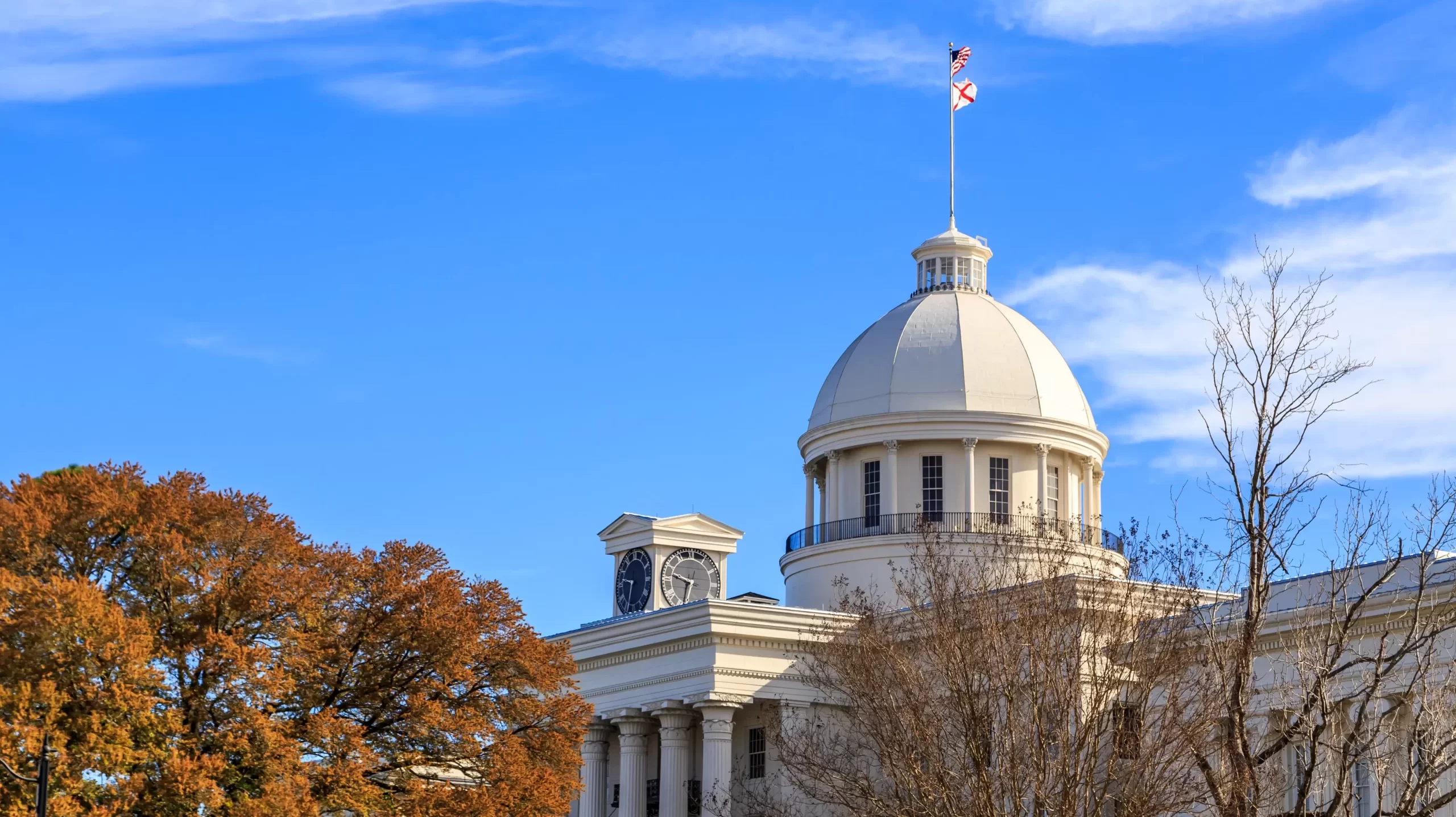For too long, Alabama’s state legislature has catered more to partisan interests than to the real, pressing needs of its citizens. Instead of crafting solutions that meet the unique challenges of Alabama, they recycle policies handed down from Washington D.C. think tanks—policies designed for other states and other people. Alabama is not a one-size-fits-all state, and it’s time our leadership recognized that.
Governor Kay Ivey once said, “Alabama needs Alabama solutions to Alabama problems.” And when that principle was followed, our state benefited. But today, our leaders seem stuck in the rhetoric, talking a good game while our most vulnerable citizens are left behind. Alabama’s future can’t be shaped by hollow promises. We need actions that reflect the reality on the ground.
Imagine being a mother in rural Alabama, unable to access healthcare because your local hospital has closed. Or think about a child arriving at school hungry, unable to focus, while our lawmakers argue over so-called “handouts.” These are the grim realities our state faces today, and these are the exact problems Alabama Arise seeks to solve.
This brings us to Alabama Arise and their 2025 Roadmap for Change—a plan that doesn’t concern itself with political gamesmanship but with the urgent needs of Alabama’s people. This isn’t some far-off, abstract idea; these are life-or-death issues. Expanding Medicaid could save the lives of thousands of Alabamians trapped in a deadly coverage gap. Eliminating the state grocery tax could help struggling families put food on their tables in a state where one in four children is food insecure.
Expanding Medicaid and removing the grocery tax—these aren’t radical ideas. They are common-sense solutions that would make a real difference for Alabama’s working families. Medicaid expansion alone could provide coverage for nearly 200,000 Alabamians—people who earn too much to qualify for Medicaid but too little to afford private insurance. This isn’t just about filling the gaps in our healthcare system. It’s about saving lives, creating jobs, and strengthening Alabama’s fragile healthcare infrastructure.
Then there’s the call for free school breakfasts, ensuring every child starts the day with the nourishment they need to thrive. This isn’t a “handout”—it’s about investing in our children, in our future. If we can’t prioritize feeding hungry kids, what does that say about our values as a state?
Alabama Arise’s agenda is about dignity and justice for all—not just for those fortunate enough to have a seat at the table. Their focus on voting rights, criminal justice reform, and public transportation speaks to a broader vision of empowerment—giving every Alabamian the chance to participate fully in our society. And yes, they even tackle death penalty reform, seeking to correct past injustices rooted in outdated, illegal judicial override policies that have left a dark stain on our justice system.
But these proposals are more than just bullet points on a progressive wish list. They’re a call to action for both Republicans and Democrats to rise above the partisan noise and focus on the common good. Lawmakers who claim to care about Alabama’s future should be willing to engage with these ideas—even if it means stepping outside their ideological comfort zones. This is about leadership. It’s about caring for Alabama’s people, not just scoring political points.
And let’s be clear: While Alabama Arise might not have all the answers, they are at least asking the right questions. Our leaders need to stop hiding behind empty slogans and take bold, meaningful action to address the real needs of the people they represent. Alabama doesn’t need more top-down, cookie-cutter solutions. What we need is a roadmap crafted by and for the people of this state—one that both parties can explore if they truly care about Alabama’s future.
We don’t have time for more delay. Our state faces critical challenges, and the answers won’t come from distant power brokers or out-of-touch elites. It’s time for leadership that reflects the character of Alabama and its people—leadership that doesn’t just talk about caring, but acts on it.
If our current leaders can’t do that, then maybe it’s time to find new ones who will.















































